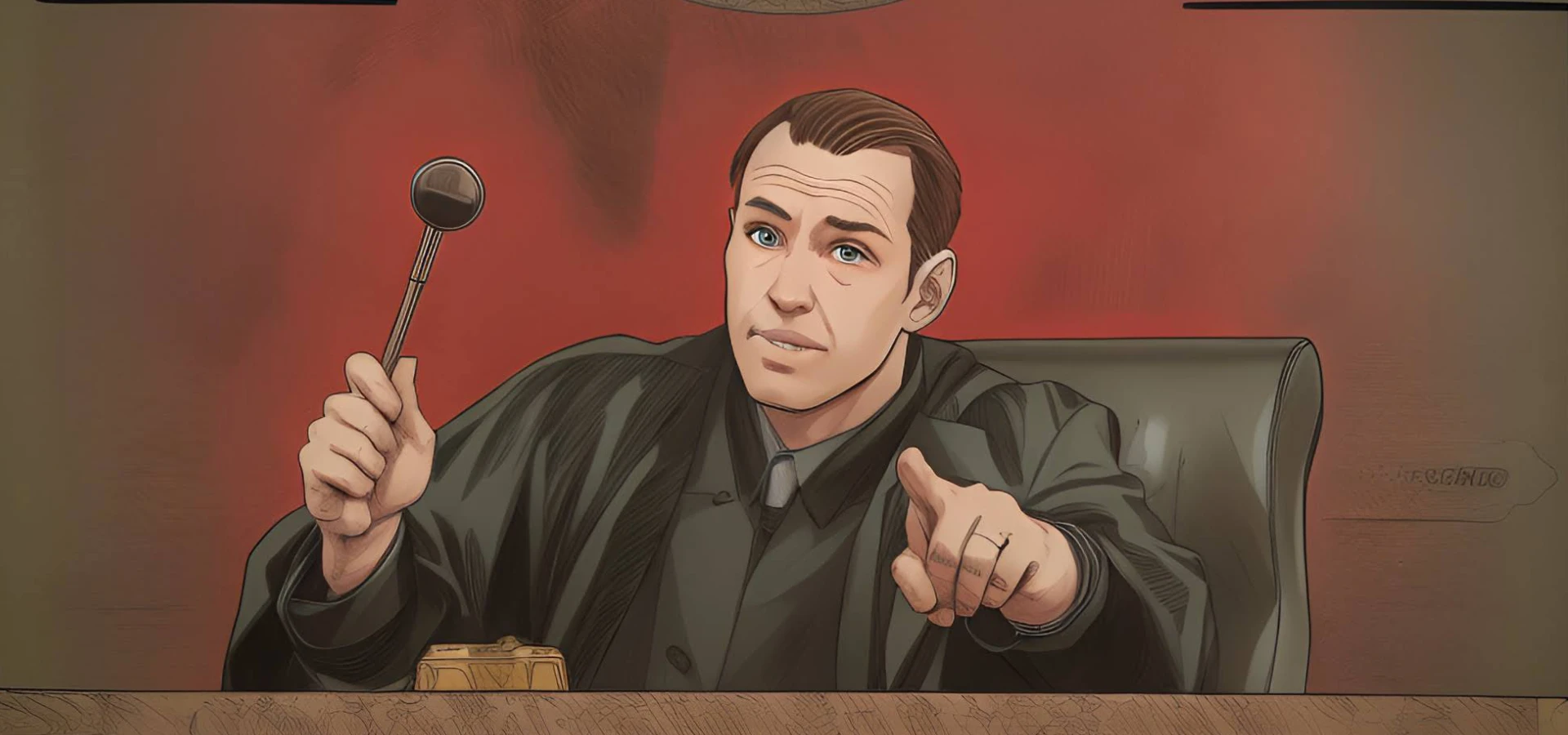Did A Judge Disregard Wade Robson's Sworn Declaration?


March 19, 2020
There is a prevalent misconception propagated by the MJ Estate regarding the dismissal of Wade Robson's lawsuit, claiming that the judge did not believe his affidavit.
According to the Jackson estate:
"The trial judge found one of Robson's lies so incredible that the trial judge disregarded Robson's sworn declaration and found that no rational trier of fact could possibly believe Robson's sworn statements."
The reality contradicts this representation. Nowhere in the summary judgment document or any other official record did the judge utter those specific words.
Where does this phrase appear verbatim? It emerges in the Estate's request to arbitrate HBO over the Leaving Neverland dispute. The Estate strategically employed this language to cast doubt on Wade's credibility and integrity, insinuating that he had lied under oath.
From the MJ Estate document:
HBO and Reed also do not bother to point out that these men were caught lying under oath repeatedly in their litigations with the Jackson Estate (set aside the fact that they also had previously testified for Jackson in criminal proceedings and explained that no inappropriate conduct between them and Jackson occurred). The trial judge found one of Robson's lies so incredible that the trial judge disregarded Robson's sworn declaration and found that no rational trier of fact could possibly believe Robson's sworn statements. Specifically, Robson falsely swore under oath that he did not know about the Jackson Estate until March 2013, despite having met with John Branca, the Co- 25 Executor of the Jackson Estate in 2011 trying unsuccessfully to pitch himself to direct a Jackson-themed Cirque du Soleil show. When Robson learned about the existence of the Jackson Estate was the key issue on his attempt to get around the statute of limitations.
However, a very similar sentence referring to a different issue is found in the summary judgment motion, which states, "No rational jury could conclude that Robson was exposed to Michael as an inherent part of the environment created by the relationship between [Michael] and the [companies]".
It's crucial to note that the judge's summary judgment pertained to the legal liability of the companies for the actions of the defendant. In this context, the plaintiffs would have been required to demonstrate that the companies possessed legal authority and hence bore legal responsibility for MJ. Regrettably, they were unable to establish this due to intricate legal intricacies concerning the companies. I provided a comprehensive explanation of these intricacies in a previous post discussing the dismissal of Wade's lawsuit (post 7).
In the document of the Estate v. HBO, the argument is presented that the aforementioned phrase alludes to Wade's awareness of the Estate's status as an "estate that can be sued," which was a pivotal factor in leveraging exceptions to the statute of limitations. The question arises: Did Wade falsify his knowledge of the Estate? Read more about this in post 9, but to offer a concise clarification here: the judgment does not explicitly address any instances of dishonesty (and any such findings by the judge would have been explicitly stated). The summary judgment is determined based on legal technicalities, and the "indisputable facts" form the foundational basis for it. What the judge simply did not endorse was the argument predicated on the actual awareness of the administration of the Estate. Upon reviewing the ruling, it becomes apparent that specific dates related to when Wade "knew" about the legal status of the Estate and the facts underpinning his claim were taken into account. The intricacies of "knowledge" in the legal realm are undeniably complex.
In legal matters, attention to detail is paramount, and Wade composed his statement with the guidance of his legal counsel (who also argued an equitable impediment, as evidenced by the final line of point 27). Nonetheless, the judge's ruling established that it was immaterial whether Wade comprehended the administration of the Estate or the process of filing a claim before meeting with his lawyers. The judge concluded that the standard for "actual knowledge" was met in February 2011 or, at the latest, sometime in the last quarter of 2011 (page 2 of the judge's ruling). Moreover, the judge emphasized that Probate Code 9103 pertains to when the plaintiff becomes aware of the facts giving rise to the allegation, not when the plaintiff recognizes that the allegation is actionable.
Furthermore, the judge noted that Wade likely became aware of an actionable cause in late 2012 (page 4). Wade made reference to a legal matter in an email (the complete contents of which are not available in court records, but a statement from Wade regarding the email clarifies the nature of the issue), which the judge deemed could be utilized to ascertain the timing of when Wade learned of the facts underlying the claim, in accordance with the legal standard. The intricacies of the law often hinge on minor details, including when and how much one knows, and this can be evaluated through different standards (such as constructive knowledge, actual knowledge, etc.). Wade assumed that his level of awareness sufficed to proceed with filing his claim with his legal team, and his lawyers believed they had a viable case. However, they were mistaken. In essence, Wade did not fabricate his level of knowledge, and the judge did not determine that Wade had been deceitful, contrary to claims made by the Jackson Estate.
What the judge did was reject his legal arguments.
With permission, the following article was translated and enhanced from The Truth about Michael Jackson.